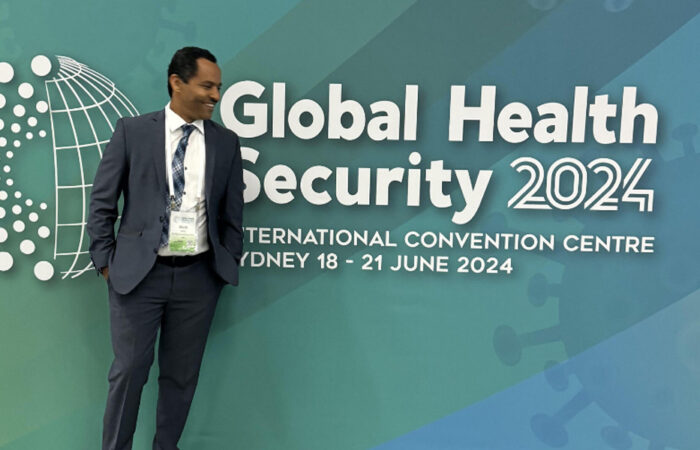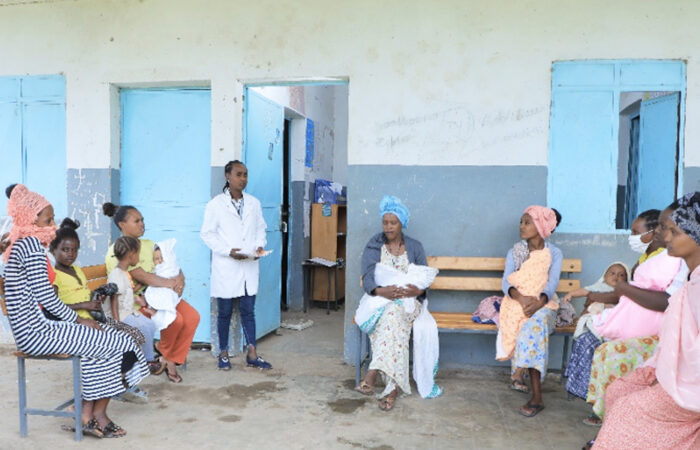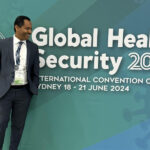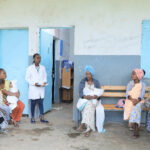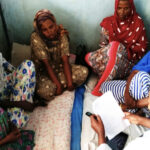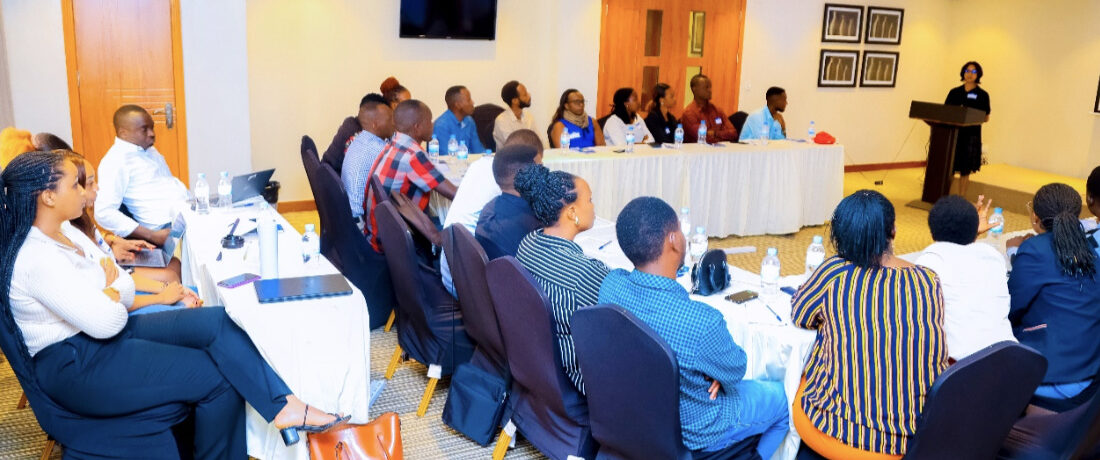
Akazi Kanoze (AK) Activity was a USAID-funded initiative that ran from 2009 to 2014, aimed at equipping young Rwandans aged 14-35, who left school prematurely without a diploma, with the necessary skills and training to secure or create meaningful employment for sustainable livelihoods. Implemented by the Education Development Centre, the project reached over 21,000 youth across 19 districts, with 45 percent from rural areas.
During the project’s implementation, baseline assessments, impact evaluations, and an initial tracer study were conducted to provide evidence-based guidance for program management. The activity plan called for a fourth data point, involving a second tracer study to examine the project’s long-term effects on employment and income a decade later.
MERQ, in collaboration with Making Cents International (Making Cents), is supporting data collection for this tracer study, focusing on participants from a previous study in Rwanda. The study aims to assess long-term outcomes, including employment status and income, evaluate the influence of health status and circumstances on these outcomes, and identify which AK interventions have enduring impacts.
Currently, MERQ Rwanda is undertaking data collection for the Akazi Kanoze livelihood project following five days of intensive training for data collectors and tool piloting. The study employs an experimental design with randomly selected control and treatment groups and uses a mixed-methods, participatory approach, incorporating both quantitative and qualitative data across Rwanda’s four provinces and the City of Kigali.
Data is being collected in more than 20 districts, including Huye, Gisagara, Nyanza, Nyaruguru, Ruhango, Nyamasheke, Karongi, Rusizi, Rutsiro, Rwamagana, Kamonyi, Bugesera, Rulindo, Musanze, Gakenke, Nyabihu, Muhanga, Kayonza, Nyagatare, and various districts within Kigali City.
At MERQ, we firmly believe in the vast potential of youth in Rwanda and across the African continent. Through our involvement in this project, MERQ reaffirms its commitment to harnessing this potential through evidence generation and capacity building.

